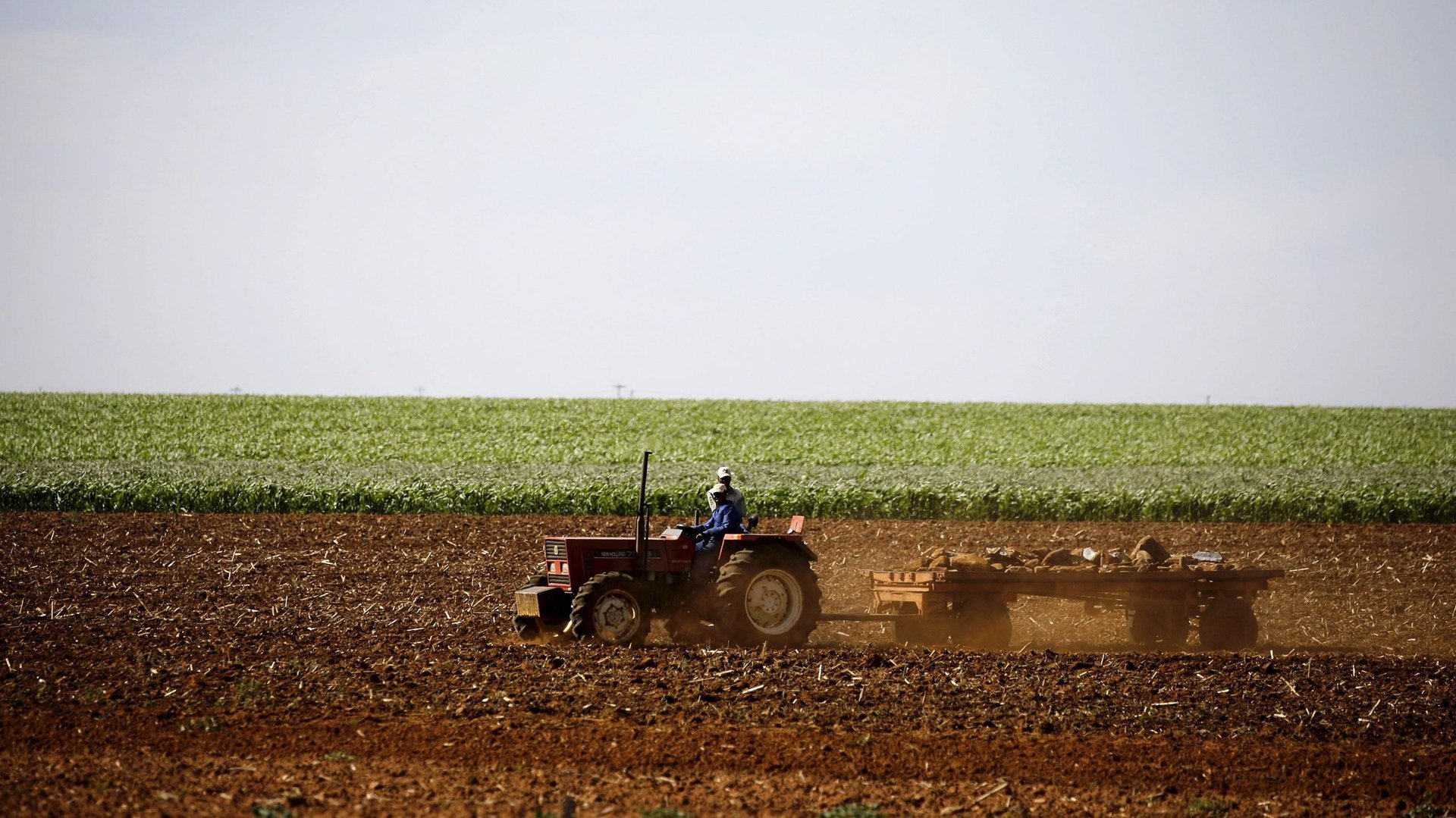US farmers are likely voting in unexpected ways in the 2018 midterms
It’s a common narrative during US election cycles: when younger voters turn out, Democrats do well.


It’s a common narrative during US election cycles: when younger voters turn out, Democrats do well.
This year is no different. Voter registration in some hotly-contested states is way up compared with other election years, driven by people between 18 and 25, in particular. And that’s a pump of optimism for the swath of Americans hoping the election will give Democrats control of one or both chambers of the US Congress.
But that story is turned on its head in farm country, where interviews and surveys show younger farmers are more likely to stick with Republicans, while older farmers show signs of backing away. In interviews with media outlets and in a survey of more than 2,400 US farmers by Farm Journal, a trade publication, a generational split is beginning to emerge.
The fissure seems to have developed in response to president Trump’s trade wars, which have hit the agricultural sector where it hurts most. Soybean exports to the US’s largest buyer, China, are down by as much as 94% (paywall) compared to previous years, reports The New York Times. And new tariffs on pork exports have forced some US hog producers to liquidate parts of their farming operations. One farmer who spoke to Reuters said Trump’s trade war with China cost him $200,000 this year, and that he regretted voting for Trump in 2016. He isn’t alone.
Back in 2016, more than 80% of farmers polled cast their votes for Trump, but Farm Journal research has shown that only 54% would vote for him a second time. In a Reuters/Ipsos poll administered in October this year, 53% of rural voters approved of the president. But of those, 61% of farmers under 45 approved of Trump while only 40% of farmers over 65 felt similarly.
The political question at hand is all about how many losses farmers can stomach before they demand a change in DC policy toward trade. As of now, it appears that younger farmers are more willing to dig in their heels and stick with the president in hopes that, in the long-term, deals will be worked out that benefit American farmers even more so than before the trade wars. But whether the majority of older farmers—the average US farmer is 58—are willing to be that patient is another story altogether.